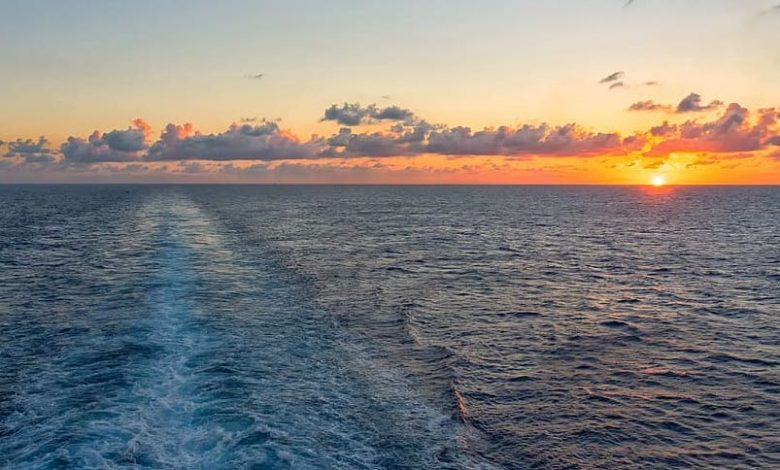Shipping’s darkest secret: suicides at sea

Shipping has been accused of covering up the numbers of suicides at sea with urgent calls to be more transparent about one of the sector’s darkest secrets.
Charity Seafarers UK, while noting an uptick in suicides as a result of the protracted time onboard during the Covid-19 crisis, has hit out at shipping’s lack of a reliable source of information about the scale of this tragedy.
Seafarers UK’s CEO Catherine Spencer commented in a release: “I have been astonished to discover that there is no single source of data on how many seafarers have taken their own lives during the coronavirus pandemic. In fact, alarmingly, it appears no one has been or is keeping an accurate global record of seafarer suicides.
The picture is unclear as some suicides at sea may be being recorded erroneously as fatal accidents
“This may be because suicides do not result in claims handled by the P&I Clubs that provide insurance for most merchant shipowners. But that picture also is unclear, as some suicides at sea may be being recorded erroneously as fatal accidents. Unless we know the true extent of the problem, how can we target our support for seafarers and those working on the frontline to support seafarers’ welfare?”
Splash lead columnist Andrew Craig-Bennett commented on the issue recently, noting that seafarers’ terms of employment are normally written so as to exclude the payment of a death in service benefit in the event of suicide. It is commonplace for suicide to be recorded as accidental death.
Splash reported earlier this month how another UK charity, the Seafarers Hospital Society, had stated that suicide had become the “foremost” cause of deaths amongst seafarers during the coronavirus pandemic. The charity referred to a recent article posted on insurance firm Watkins Marine’s website in making the suicide figures claim.
Steven Jones from the Seafarers Happiness Index told Splash today that while data on self-harm or suicide is not included in index, there is a downward trend across almost all categories when it comes to how crew are feeling. Also, those who have shared more detail are opening up about negative feelings, such as an increase of stress, uncertainty and the pressure of not only not being able to reach home but in feeling helpless when in contact with their families.
“Being apart and not knowing when they will get home is seemingly and understandably taking a heavy toll. To this backdrop it does not seem hard to imagine that instances of suicide could seem likely to rise,” Jones said. The next edition of the index will be published shortly.
Spencer from Seafarers UK has called on the International Labour Organization to consider what steps need to be taken, with regard to the Maritime Labour Convention 2006, to ensure that all seafarer suicides are accurately identified, recorded and shared with relevant organisations.

This is a debate that should be used by ship managers and unions to examine their conscience and moral sense. But they are only second rank actors, they could not have perpetrated their excesses during decades without help of IMO-ILO duet. So, a crossfire of accusations is likely to start between employers, unions and independent “experts”. They all will finally make peace by voting together on a new and useless IMO Convention that adds more paperwork . But the underlying moral question will never be done because the capitalist economy works better with sailors reduced to pariah condition (no political rights, miserable wages, miserable housing, no education for their children, etc.)
It’s extremely hard for low position crew on the ships, as housekeeping, restaurant and galley workers, as mostly of them are afraid to say something as they will not get positive review and not be able to get back on the ship to work, and I can say from my personal experience as ex cruise ship worker that seafarers are modern slaves, as of you say something that’s wrong they jsut replace you as they don’t care about human lives just profit. I suggested in my previous company that every shio should have crew psychologist who will be there for crew only for that matter, but they stated that there’s crew manager who’s covering that position, but in 100% cases crew manager doesn’t have any qualifications to do that job, and has their own job to do and to don’t listen crew crying how they doesn’t feel good mentally.
Crewmanagers could very well be accused of “negligence” and in some serious cases “fraud” and even “harassment”.